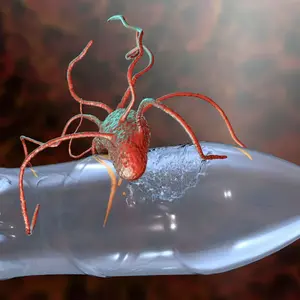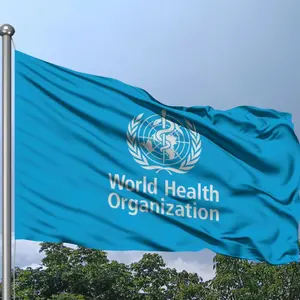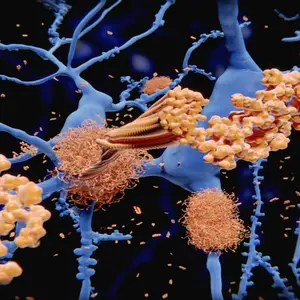

Emerging

Emerging
Skin Cancer Screening: Evidence Still Lacking
On October 25, 2022, the U.S. Preventive Services Task Force (Task Force) posted a draft recommendation statement on screening for skin cancer in adolescents and adults. The Task Force determined that there is not enough evidence to recommend for or against screening people without symptoms. This is an I statement (i.e., the balance of benefits and harms cannot be determined.)
For this recommendation, screening is defined as a visual skin exam by a primary care professional. The recommendation does not apply to people with a family history of skin cancer or those with signs or symptoms, such as irregular moles.
Skin cancer is an abnormal growth of skin cells. It is the most common type of cancer in the United States, but it usually does not cause serious complications or death. There are two main types of skin cancer: melanoma and keratinocyte carcinoma, which consists of basal and squamous cell carcinomas. Melanoma, while not as common, is the deadliest type.
“In updating our recommendation, the Task Force looked to see if there was any new evidence about the effectiveness of primary care professionals screening for skin cancer,” says Task Force member Katrina Donahue, M.D., M.P.H. “Unfortunately, there is not enough evidence to know whether or not screening adolescents and adults without symptoms reduces complications or death, so we are calling for more research.”
People at increased risk for developing skin cancer include people who have had many sunburns, males, and older people. Use of indoor tanning beds is also an important risk factor, particularly for adolescents and young adults. For melanoma specifically, people at increased risk include those with fair skin, light colored eyes, red or blond hair, and people who have a large number of moles, or a family or personal history of skin cancer. However, it is important to note that this recommendation does not apply to people with a personal or family history of skin cancer or with symptoms, such as irregular moles.
“We recognize that skin cancer is a common cancer, however we need more research on the effectiveness of visual skin exams by a primary care professional to screen people without symptoms,” says Task Force member Martha Kubik, Ph.D., R.N. “In the absence of evidence, we encourage healthcare professionals to use their judgment when deciding whether to screen individual patients.
While evidence is limited in all people, the Task Force is using this recommendation to draw attention to the need for future research to be reflective of the United States, both in terms of including study populations with a diversity of skin tones and settings where access to healthcare varies.
People who have noticed changes to their skin or have concerns about skin cancer should talk to their healthcare professional so that they can get the care they need. It is important that people take actions to protect their skin. The Task Force has a separate, related recommendation on counseling to prevent skin cancer that provides additional guidance to primary care professionals and patients.
The Task Force’s draft recommendation statement and draft evidence review have been posted for public comment on the Task Force website at https://www.uspreventiveservicestaskforce.org. Comments can be submitted from October 25, 2022, to November 21, 2022, at https://www.uspreventiveservicestaskforce.org/tfcomment.htm.
The Task Force is an independent, volunteer panel of national experts in prevention and evidence-based medicine that works to improve the health of people nationwide by making evidence-based recommendations about clinical preventive services such as screenings, counseling services, and preventive medications.
REFERENCES
U.S. Preventive Services Task Force. (2022, October 25). U.S. Preventive Services Task Force issues draft recommendation on screening for skin cancer: USPSTF bulletin. https://www.uspreventiveservicestaskforce.org/uspstf/sites/default/files/file/supporting_documents/skin-cancer-screening-bulletin.pdf


 By
By







